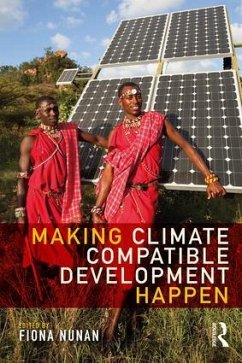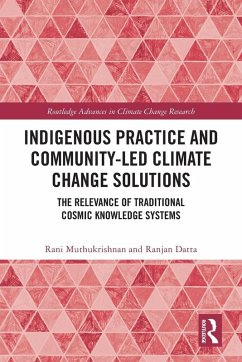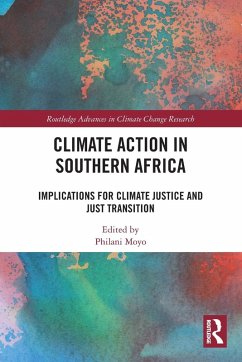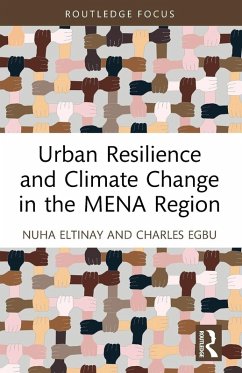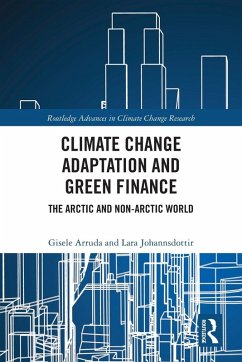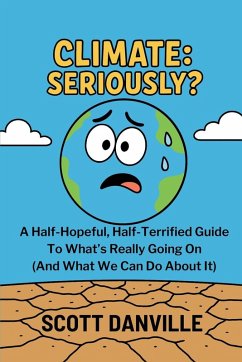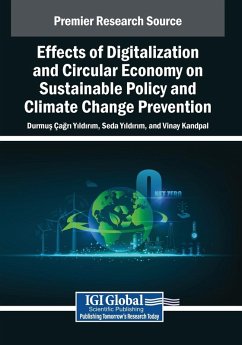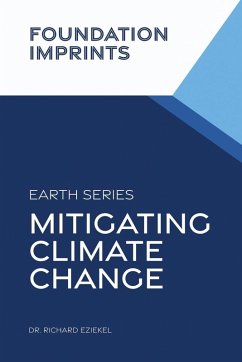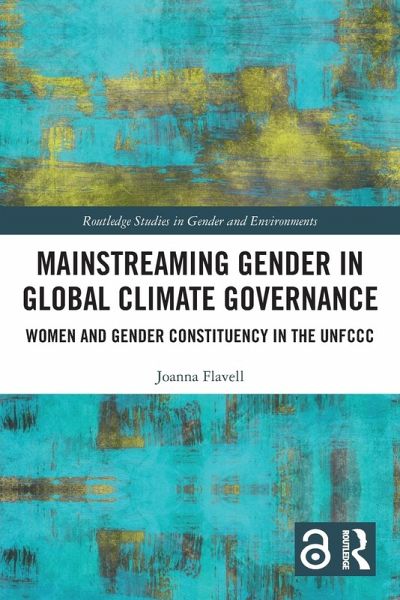
Mainstreaming Gender in Global Climate Governance
Women and Gender Constituency in the UNFCCC
Versandkostenfrei!
Versandfertig in 1-2 Wochen
55,99 €
inkl. MwSt.
Weitere Ausgaben:

PAYBACK Punkte
28 °P sammeln!
This book explores the role of feminist activists in The United Nations Framework Convention on Climate Change and highlights the progress they have made in mainstreaming gender as a key issue in global climate governance.




